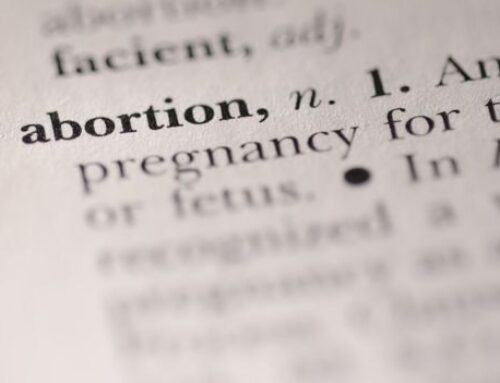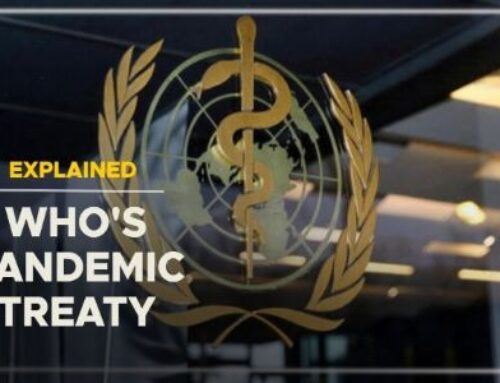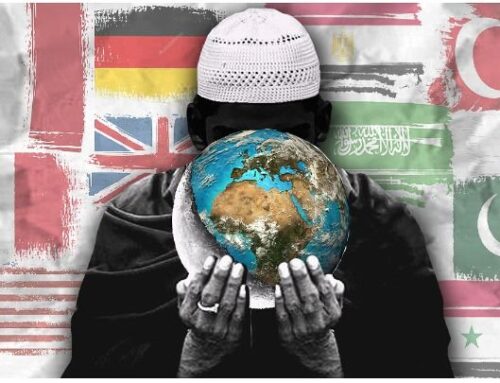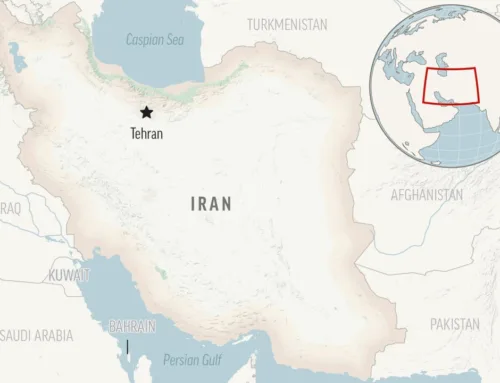Xi Jinping’s message to Communist China: I am heir to Mao Zedong
The Communist Party is celebrating its centenary and after amassing more power than his recent predecessors the country’s president has no intention of stepping aside, Didi Tang in Beijing writes
Wednesday, June 30, 2021
By Didi Tang from Beijing
Reprinted from The Times (London)
China is celebrating the centenary of the Communist Party — the bedrock of its modern society — that will culminate on Thursday with a speech from President Xi.
Xi opened the celebrations at a new museum dedicated to the history of the party. Raising his hand, he reiterated loyalty to the party to rows of the Communist elite.
“I will be loyal to the party, work hard and fight for communism throughout my life,” Xi declared, and the others followed in unison. “I am ready at all times to sacrifice my all for the party and the people and I will never betray the party.”
However, Xi, 68, is using the anniversary, which falls on Thursday, as a platform to campaign for his third presidential term and elevate himself to the status of Mao Zedong or Deng Xiaoping.
“The accent is on preserving political stability and further consolidating the apparently unassailable authority of President Xi,” Willy Lam, a senior fellow at the Jamestown Foundation, a U.S. think tank, said.
In the ninth year of his presidency, Xi has amassed more powers than either of his two immediate predecessors, Hu Jintao and Jiang Zemin, and he shows no sign of stepping down from power after a decade, or two five-year terms, as Hu and Jiang did. Instead, Xi has amended the constitution to remove the two-term limit, allowing him to rule for life. Experts believe he plans to rule for at least another decade, well into his late 70s.
But his claim to power is not unquestioned. Puncturing the façade of unity was Cai Xia, a former professor of the Central Party School, who called Xi a “mafia boss” and the party under his rule a “political zombie”.
She went into exile in America in 2019 before she was stripped of her party membership and attacked for smearing party and state leaders.
Wen Jiabao, a former premier, was censored this year after he, in a eulogy for his late mother, wrote that “China should be a country full of fairness and justice, where there will always be respect for the human heart, humanity and human nature”.
Now with the centennial celebrations Xi is promoting himself, consolidating powers and further establishing his leadership within the party.
An academic institute that specialises in China’s Communist Party history and its literature, established recently, has published 66 books by Xi on his ideology.
The party also has published 100 of its top quotes over the last 100 years, 30 of which came from Xi, even though he has not yet been leader for even a decade, Mao, the party’s great theorist who ruled the country until his death in 1976 at the age of 82, contributed 30 quotes to the list.
One of Xi’s most memorable quotes, which is being repeated time and again in this year’s centenary celebrations, reads: “The original aspiration and the mission of Chinese communists is to seek happiness for the Chinese people and rejuvenation for the Chinese nation.”
This view resonates with the Chinese people, who feel victimised by foreign invasions over the last two centuries.
Xi also demands the party’s 92 million members unite around him, as he argues the vitality of the party lies with its unity and centralised leadership.
“The first and foremost task of the party’s political building is to ensure the entire party obeys the party’s central leadership, safeguard the authority of the party’s central leadership and its centralised, unified leadership. We must make unremitting efforts to do so.”
The party’s propaganda apparatus demands loyalty to Xi.
“We will rally still more closely around” the party’s central committee “with Comrade Xi Jinping at its core,” state media argue. “We will … uphold General Secretary Xi Jinping’s core position in both the party central committee and the party as a whole, and uphold the authority and centralised, unified leadership of the party central committee.”
Xi, a son of a communist revolutionary, came into power in 2012, a year of political drama that saw the spectacular fall of his rival, Bo Xilai, also a son of a senior Communist Party official. Xi swiftly consolidated his power base by launching a sweeping anti-corruption campaign that not only removed his political challengers but also won him the public’s endorsement.
During his second term he was able to install loyalists in all key government positions and cracked down on dissent within the party. In the elite seven-member standing committee of the party’s politburo, two of them are believed to be his close allies: Li Zhanshu, who heads the national parliament, and Wang Huning, a political theorist. His other close allies include Liu He, his economic adviser, and Wang Qishan, a vice-president who oversaw the anti-corruption campaign during Xi’s first term.
His grasp on power was so strong that he managed not only to scrap the presidential term limits but also enshrine his ideology in the party charter and the country’s constitution.
While Mao founded modern China and allowed the country to “stand up”, Xi said he will lead the nation to greatness, a long-term aspiration of the Chinese people.
Now, as the party assesses the past 100 years, Xi is consolidating his place in history.
In the party’s newly-minted museum, where he delivered his pledge of loyalty, the history of the party is divided into four stages. The first two are about Mao, and the third is about the periods of Deng, a reformist who started the country’s economic reforms, Jiang and Hu. The fourth one is entirely devoted to Xi’s new era.
The message is clear. He is as great as Mao or Deng.
RELATED:
Cut Off the Blood Supply to China’s Communist Party: End Trade









Leave a Reply, please --- thank you.